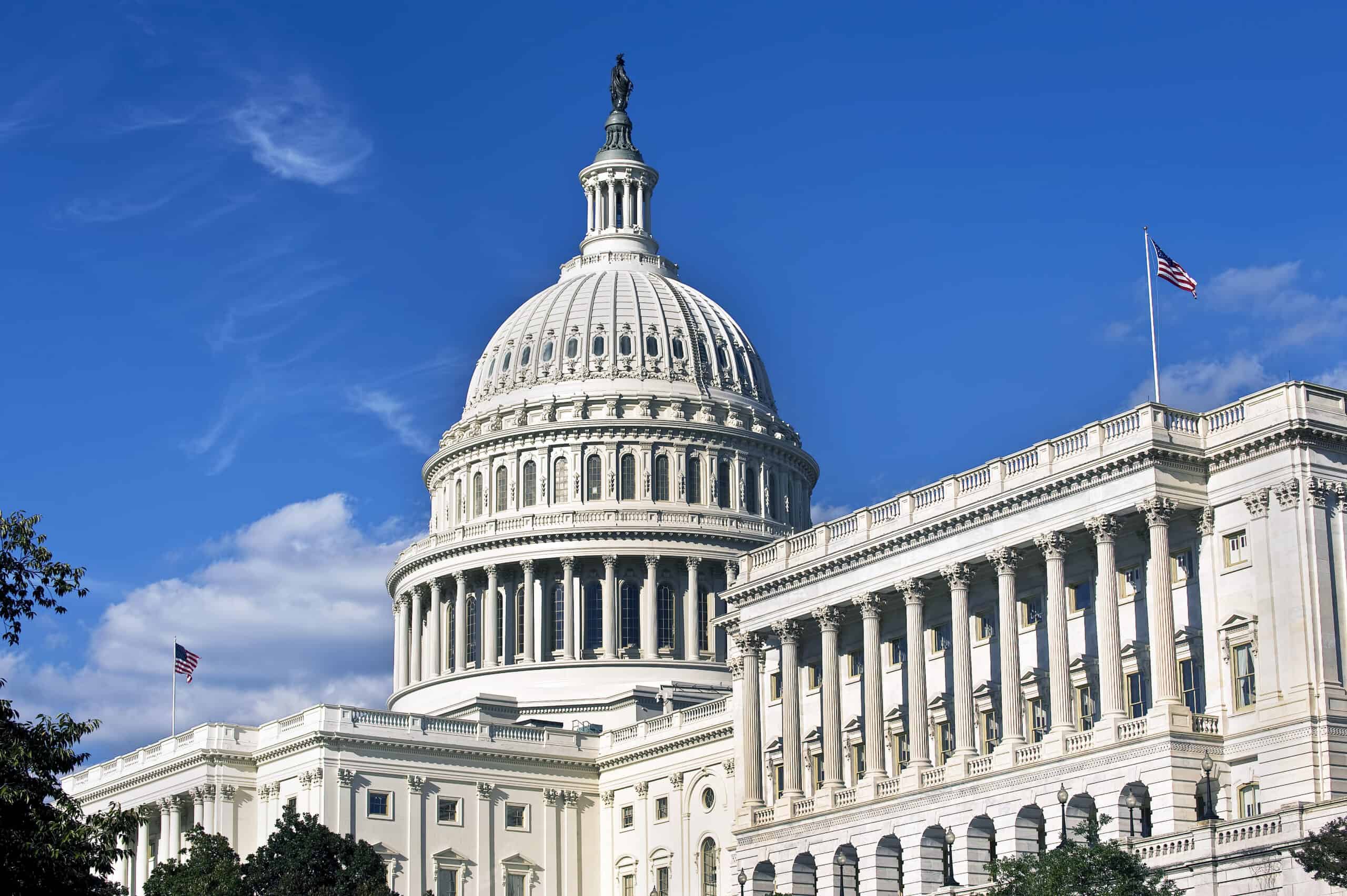After months of negotiation and a government shutdown putting pressure on senators, the House and Senate are nearing an agreement. Here’s what’s included in the $900 billion dollar stimulus bill.
Direct payments: $600 direct stimulus checks were added last minute to the bill with an additional $600 per child. Though it is half of the amount from the stimulus check provided in the $2.2 trillion dollar CARES Act, the direct deposits aim to provide much-needed relief during the holiday season.
Unemployment benefits: The new bill extends jobless benefits from December to March, adding $300 weekly federal enhancement benefits. If approved, this will be half the amount from the CARES Act which gave Americans an additional $600 a week in unemployment benefits. Senate Majority Leader Mitch McConnel, R-Ky., back in July encouraged other GOP lawmakers to join him in reducing unemployment benefits he argued as it was encouraging many Americans to remain jobless. The new bill also calls for an extension on other pandemic unemployment programs created by the CARES Act. These include the Unemployment Assistance program for freelancers, gig workers, the self-employed, and independent contractors as well as the Pandemic Emergency Unemploympoverent Compensation program for those who exhaust their state benefits.
Rental assistance: The bill offers $25 billion in rental assistance for those who lost their income during the pandemic while extending eviction moratoriums, set to expire at the end of the year to January 31st. This comes at a time where “tens of millions of people are at risk of losing their homes”, according to Diane Yentel, the president and CEO of the National Low Income Housing Coalition.
Small business loans: The new bill will reopen the Paycheck Protection Program so that small businesses hit hardest yet still operating can apply for a second loan. It would also extend eligibility to nonprofits, TV and radio stations, local newspapers, theatres, and cultural institutions. $12 billion to be set aside for minority-owned businesses and very small businesses through community-based lenders such as Community Development Financial Institutions and Minority Depository Institutions.
Vaccine funding: The new bill proposes $20 billion for the purchase of vaccines, $8 billion for distribution, and $20 billion to states to assist with testing.
Not included
Local and State Aid: The new bill drops the original $160 billion proposed for local and state governments. This comes after GOP lawmakers said that they don’t want to bail out states that mismanaged their finances. As part of the negotiations, GOP lawmakers are considering state and local funding with several requirements including funds being used exclusively for coronavirus-related expenses and a deadline of December 30th to use said funds.



 Custom Precious Metals IRA
Custom Precious Metals IRA Gold IRA
Gold IRA Gold Products
Gold Products Silver Products
Silver Products Platinum
Platinum